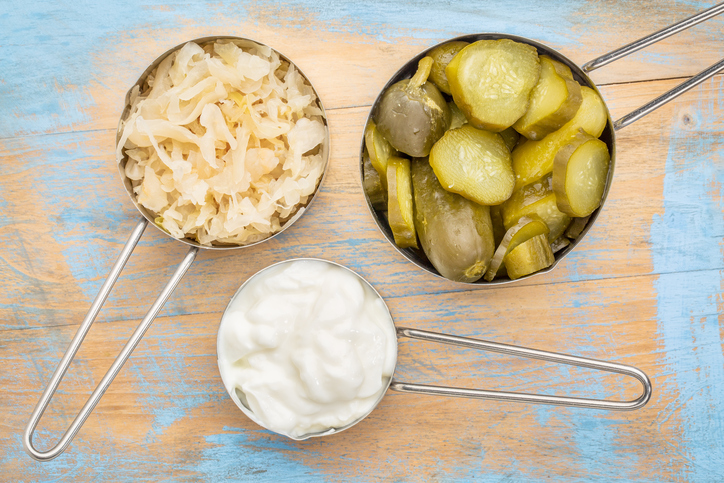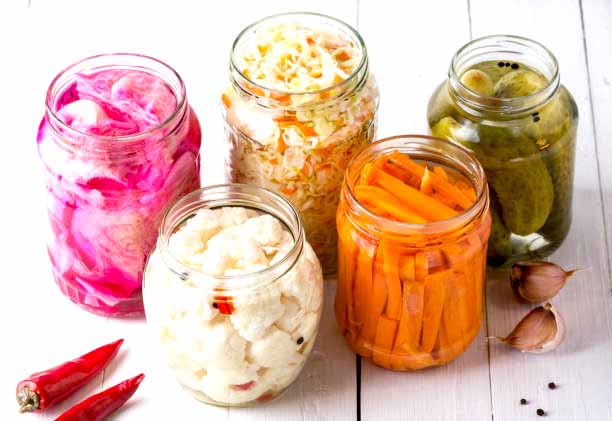by Ruthie Hawkins, BlackDoctor.org Contributor
A diet rich in probiotics can have a major impact on how you feel emotionally. Here’s what science has to say about how these “good” bacteria can boost your mood and so much more.
What are Probiotics?
These live bacteria can be found in your body, as well as in supplements and foods like yogurt (fermented with live cultures), Kombucha, sauerkraut, kimchi, and kefir, among others.
Best known to promote digestive and immune health, researchers have discovered that this “good” bacteria may boost mental health as well.
What Does Science Say?
In a small study, conducted at Leiden University, researchers found that among 40 healthy participants, those who underwent several weeks of probiotic treatment showed a drop in negative thoughts and feelings.
For the study, researchers administered multi-strain probiotics to 20 healthy subjects every day, for four weeks – while the remaining received a placebo.
According to questionnaires completed before and after the trial, participants who took probiotics experienced fewer periods of being down in the dumps, than those in the placebo group.
“Unquestionably, further research needs to be carried out,” the study’s lead author, Dr. Lorenza Colzato of Leiden University, told The Huffington Post. “But the hope is that probiotics supplementation may work as a potential and effective preventive strategy for depression.”
How It Works
While scientists aren’t 100 percent sure how probiotics combat depression, one belief is that they increase levels of plasma tryptophan — an essential amino acid necessary for the synthesis of serotonin, melatonin, and niacin (mood boosters).
Meanwhile, a 2015 study of 45 healthy volunteers at Cambridge University discovered that a short course of “prebiotics” — a non-digestible dietary fiber that promotes the growth of beneficial microorganisms in the intestines — lessened participants’emotional responses to negative stimuli (anxiety).
“Prebiotics are dietary fibers (short chains of sugar molecules) that good bacteria break down, and use to multiply,” Oxford neurobiologist and study lead, Dr. Philip Burnet, told The Huffington Post. “Prebiotics are ‘food’ for good bacteria already present in the gut. Taking prebiotics, therefore, increases the numbers of all species of good bacteria in the gut, which will theoretically have greater beneficial effects than [introducing] a single species.”

How to Get More Probiotics
Cheese – Some types of cheese, like gouda, mozzarella, cheddar and cottage cheese (mostly aged cheeses) are highly nutritious and contain essential vitamins and nutrients like protein, calcium, vitamin B12, phosphorus and selenium.
Kefir – Is a fermented milk drink often considered a better source of live bacteria than yogurt – a great option for people who are lactose intolerant.
Kimchi – Contains the lactic acid bacteria Lactobacillus kimchii, as well as other “good” bacteria that may boost digestive health.
Pickles – When pickled in salty water (not vinegar) pickles boast a decent dose of vitamin K. Did I mention that they’re also low in calories?
Sauerkraut – This topper isn’t just rich in probiotics. But, it’s high in minerals and antioxidants such as fiber, vitamins C, B and K, sodium, iron, and manganese.
Yogurt – Is made from milk that’s been fermented with lactic acid bacteria and Bifidobacterium.











